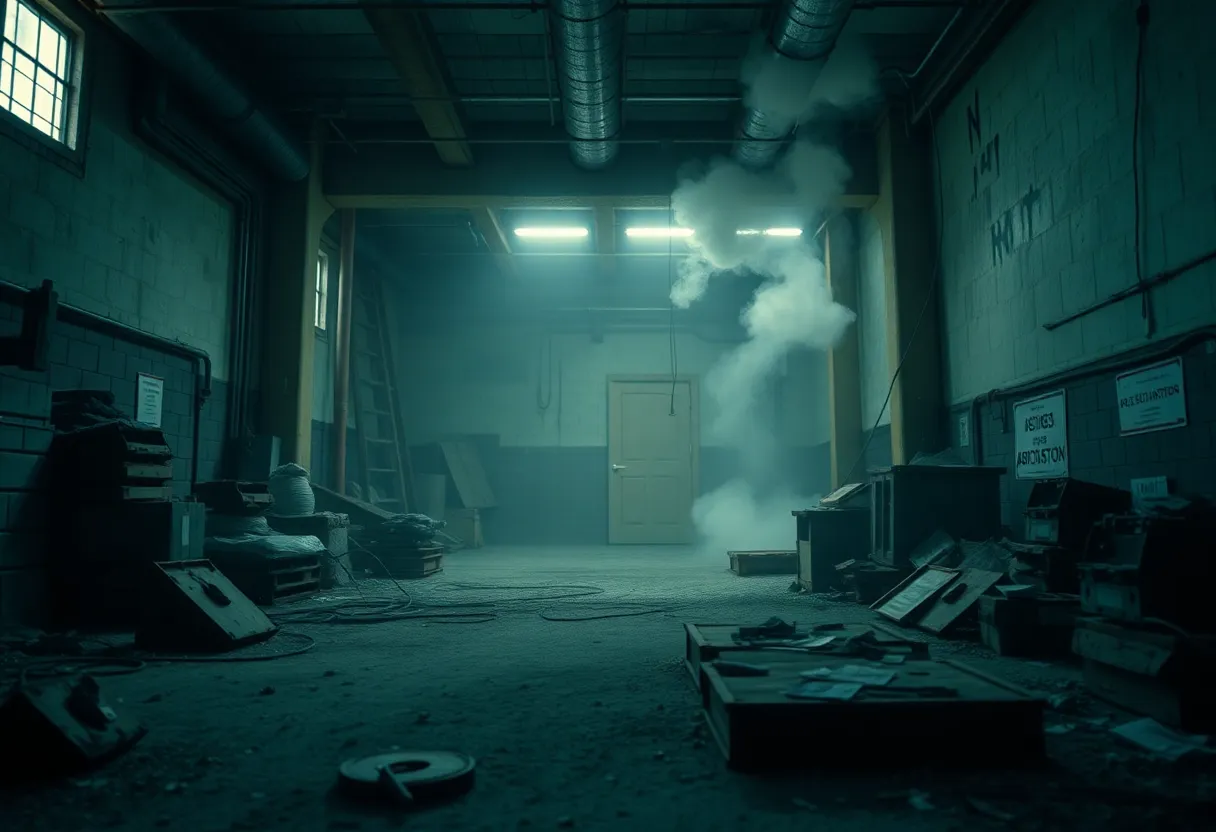News Summary
The future of the asbestos ban hangs in the balance as federal regulators request a stay of litigation. Advocates are concerned about potential rollbacks after significant progress in regulating chrysotile asbestos, a known carcinogen linked to deadly diseases like mesothelioma. The EPA’s recent ban on chrysotile faces review, raising fears that public health advancements may be reversed, despite over 40,000 annual deaths linked to asbestos exposure. Advocacy groups urge for removal of legacy asbestos in older structures, highlighting the urgency of continued action against asbestos-related diseases.
Regulatory Setback: Asbestos Ban Faces Uncertain Future
The battle against asbestos, a known carcinogen linked to deadly diseases such as mesothelioma, faces a troubling pause. Federal regulators have recently requested a stay of litigation related to their landmark asbestos ban, prompting concerns among advocates that the hard-fought progress to protect public health could be reversed. This announcement comes in the wake of a historic ruling in March 2024, which marked significant advancements in the regulation of chrysotile asbestos—the only type still being imported to the United States.
Chrysotile Asbestos: A Persistent Threat
Despite the Environmental Protection Agency’s (EPA) 2024 prohibition on chrysotile asbestos, which symbolizes a hard-fought victory for many advocates fighting to end asbestos-related illnesses, uncertainty looms large. This regulation was the first to emerge from the amended 2016 Toxic Substances Control Act, providing hope for a safer environment by targeting the ongoing risk from a substance known to cause serious health threats.
Unfortunately, following a decision by the Fifth Circuit Court of Appeals, the ban is now under review, with the EPA regulators appointed by the previous administration granted four months to reconsider the ban. As the clock ticks toward the mid-June deadline, doubts arise about the future of this crucial safety measure.
A Grim Reality: The Dangers of Asbestos
Exposure to chrysotile asbestos has long been recognized as a significant cause of mesothelioma—an aggressive and often terminal cancer affecting the lining of vital organs. Even slight exposure can trigger the onset of this challenging disease, which can take decades to fully manifest, evading traditional treatment methods. Beyond mesothelioma, asbestos inhalation is associated with a troubling number of health issues, including lung cancer, asbestosis, and various respiratory diseases.
In the United States, asbestos-related diseases contribute to approximately 40,000 deaths annually, mostly stemming from occupational exposure. The regulation currently on hold specifically targets the last remaining industrial applications of chrysotile asbestos, such as those used in water filtration systems, automotive components, and specialized gaskets. If restored, the regulation would set an extended phase-out period to ensure industry compliance.
Advocates Voice Their Concerns
While advocacy groups have praised the previous ruling, many express that it does not go far enough, emphasizing the immediate need for the removal of legacy asbestos embedded in older structures. Their concerns are compounded by the involvement of industry representatives in the scheduled litigation, who argue that the ban represents government overreach and disregards pre-existing workplace safety protections. They have also raised questions regarding the scientific basis supporting the regulatory decision.
A Pivotal Decision Ahead
As the EPA approaches its June deadline, the agency will decide whether to maintain, modify, or withdraw the prohibition on chrysotile asbestos. Whatever the outcome, the contentious issue is set to ignite further legal battles. Advocates for public health worry these changes might undermine recent successes in battling a toxic mineral that has long wreaked havoc on both workers and families alike.
Support for Those Affected
For individuals affected by asbestos exposure, assistance is readily available. Organizations dedicated to the fight against mesothelioma offer resources and support for patients and their families as they navigate the challenges of diagnoses and treatment options. Those impacted can reach out for help and information tailored to their specific needs.
The ongoing uncertainty surrounding the asbestos ban signifies an urgent need for vigilance. The recent developments remind all of us that the fight against asbestos and its associated diseases is far from over.
Deeper Dive: News & Info About This Topic
HERE Resources
Asbestos Trusts Set to Destroy Vital Evidence, Raising Alarm Among Victims and Legal Experts
Libby, Montana: A Community’s Health Care Lifeline Falls Silent
Asbestos Concerns Haunt Families of Wycombe Hospital
Asbestos Concern Following Piggery Demolition in Cork
The Dark Legacy of Asbestos at Electric Boat Shipyard
The Legacy of National Gypsum: A Tale of Asbestos and Its Harrowing Consequences
The Scioto County Land Reutilization Corporation Takes on Asbestos-Infested Properties
BREAKING: Libby’s Card Clinic Closes Amidst Legal Turmoil
Asbestos Health Clinic Faces Shutdown Amid Legal Turmoil
Demolition Delays and Asbestos Concerns in Plymouth and Northville



















